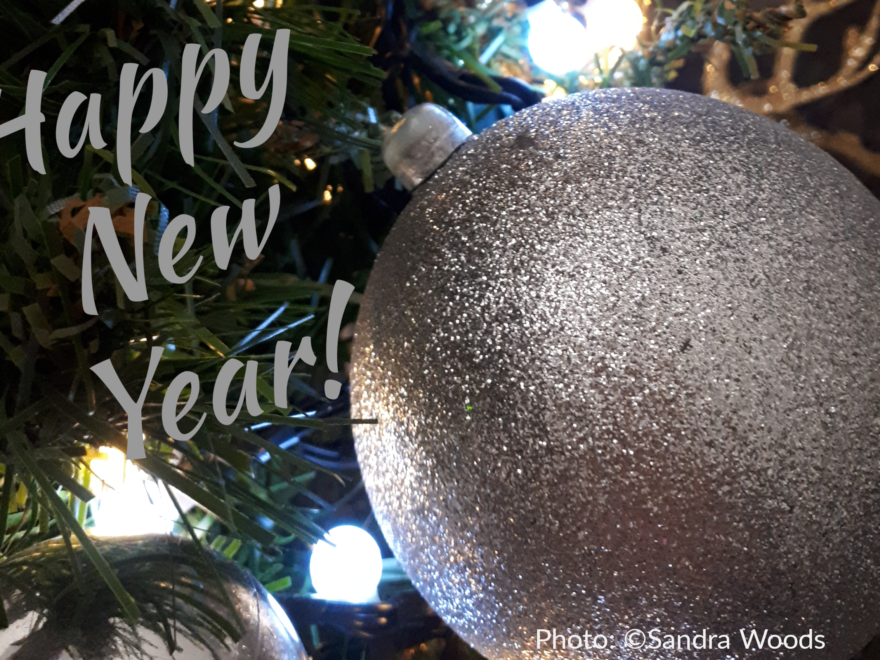Happy New Year! This year, more than ever, I’m sending you wishes for health, happiness, and well-being. Many of my friends find that making New Year’s resolutions is a good way to motivate themselves to try new things, to form new habits, or to unlearn old ones.
There’s an element of ritual, of challenging themselves, of starting a new year with energy and purpose. A spirit of competition often surrounds these New Year’s resolutions in my area, whether between family members, friends, or colleagues. Despite all this, I’ve never really taken to the idea of making New Year’s resolutions – have you?
If making resolution at the start of a New Year is helpful to you, that’s great – and I wish you the very best of success with any that you’ve made for 2021. It’s just not my thing. At this point, are you wondering why the title of this post is “Goals”, if it’s not specifically about New Year’s resolutions? Chalk it down to impatience on my part.
Goals
When I decide to try something new, or to make a change in my life, I’m not patient enough to wait for the year to end. Are you more likely to start a goal in the middle of a year than on the first day of a new one? There’s no right or wrong way to approach our goals because each of us is a unique individual. And even the word ‘goal’ can mean different things to different people.
For this post, I’m going to use the description provided in The Neuroscience of Goals and Behavior Change:
a goal is any desired outcome that wouldn’t otherwise happen without some kind of intervention.
E.T. Berkman, in The Neuroscience of Goals and Behavior Change (2018)
In other words, a goal is a detour from the path of least resistance…
Goals are usually things we want but have difficulty achieving even when we know they are achievable” (1)
It’s clear that New Year’s resolutions are goals, linked to a specific start date. And that for something to be a goal, there must be some level of difficulty involved. They also tend to be smaller goals, activities or projects that can accomplished within the twelve-month period before the start of the next year. In my life, goals haven’t fit neatly into these one-year timeslots.
One of my next goals has been put on hold for the foreseeable future, in part due to the current pandemic. In the meantime I’ll continue to ponder ways to bring this particular goal to life. And no, I’m not quite ready to share it with you yet! One thing I can guarantee is that this blog will remain fully non-commercial, as always.
Whether you’ve set a New Year’s resolution, or a longer-term goal, I wish you success and happiness with it. If you’ve put goals or dreams on hold for this year, keep the faith that the time will come for them. For the short-term, we should each set a ‘goal’ to look after our well-being.
Happy New Year!
References
(1) Berkman Eliot T. The Neuroscience of Goals and Behavior Change. Consult Psychol J. 2018;70(1):28-44. doi:10.1037/cpb0000094. Online: Accessed 12 Jan 2021. Article available for purchase at: https://psycnet.apa.org/buy/2018-09962-003. Open-access (free) version available at:
https://www.ncbi.nlm.nih.gov/pmc/articles/PMC5854216/
(2) Stedman, Thomas Lathrop (1853-1938). Homeostasis (definition; page 721, 2. “the processes through which such bodily equilibrium is maintained”). Stedman’s Medical Dictionary, 25th Edition, Illustrated. Editor William R. Hensyl. Williams & Watkins. Baltimore. 1990.

